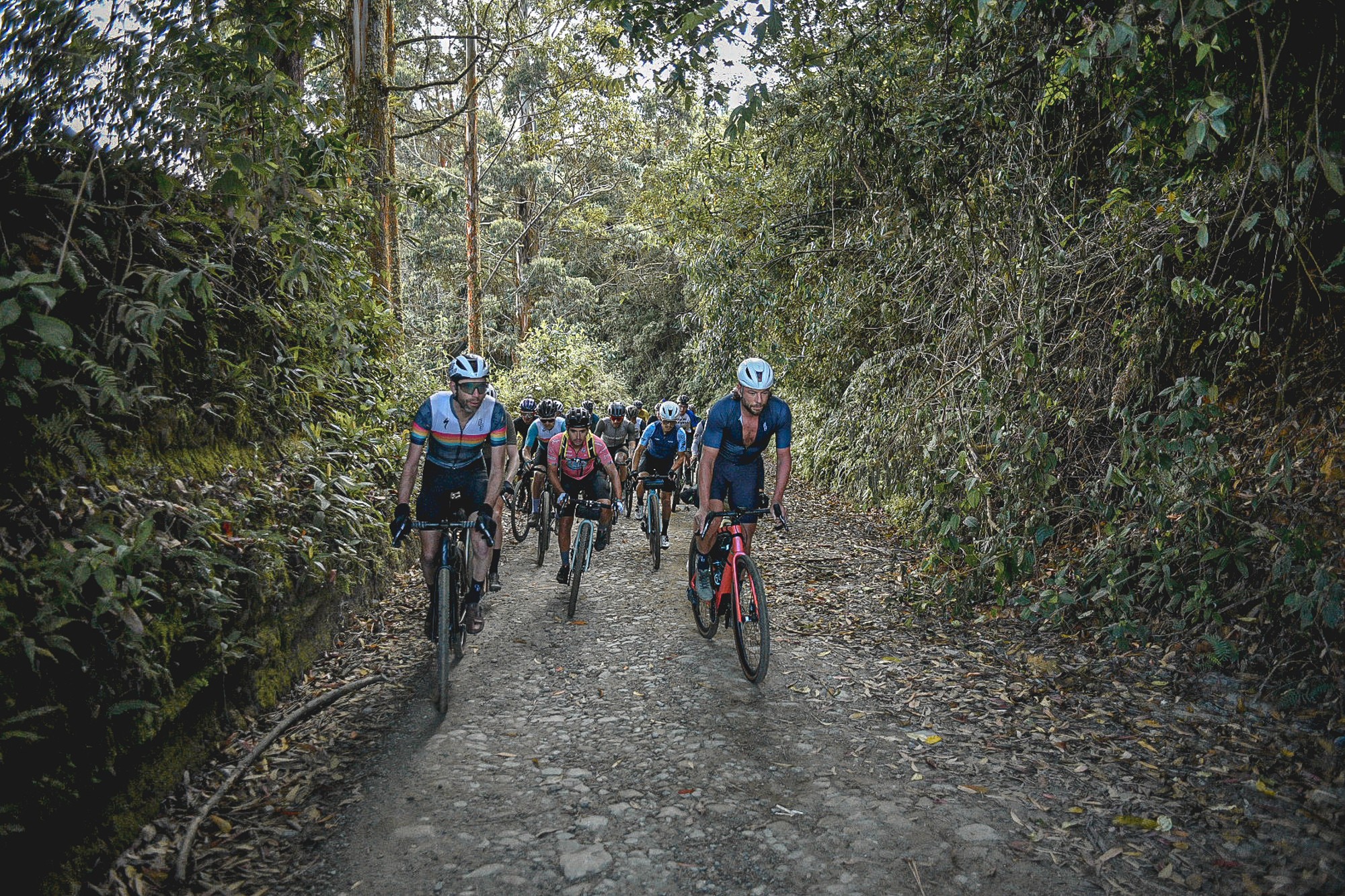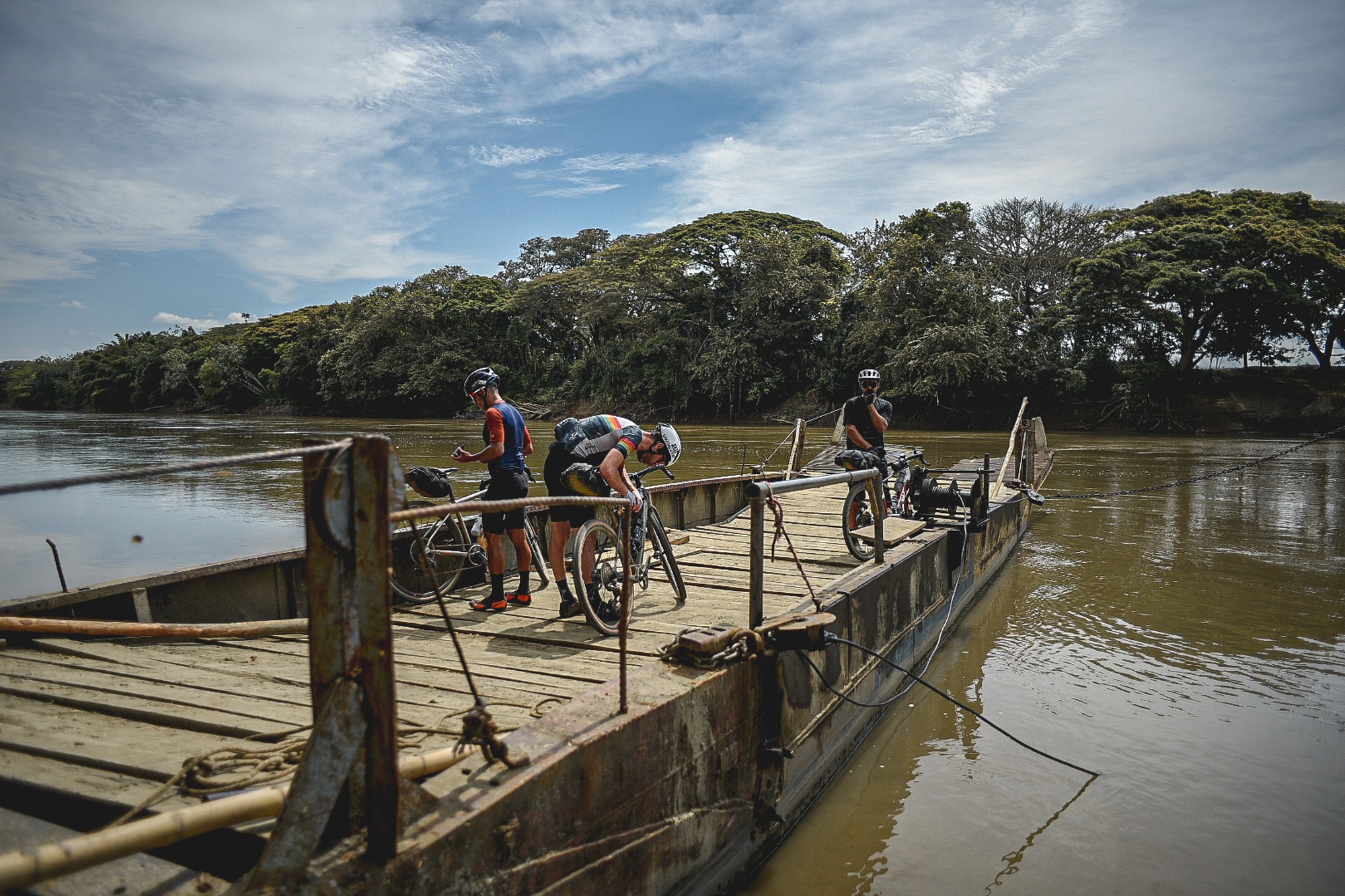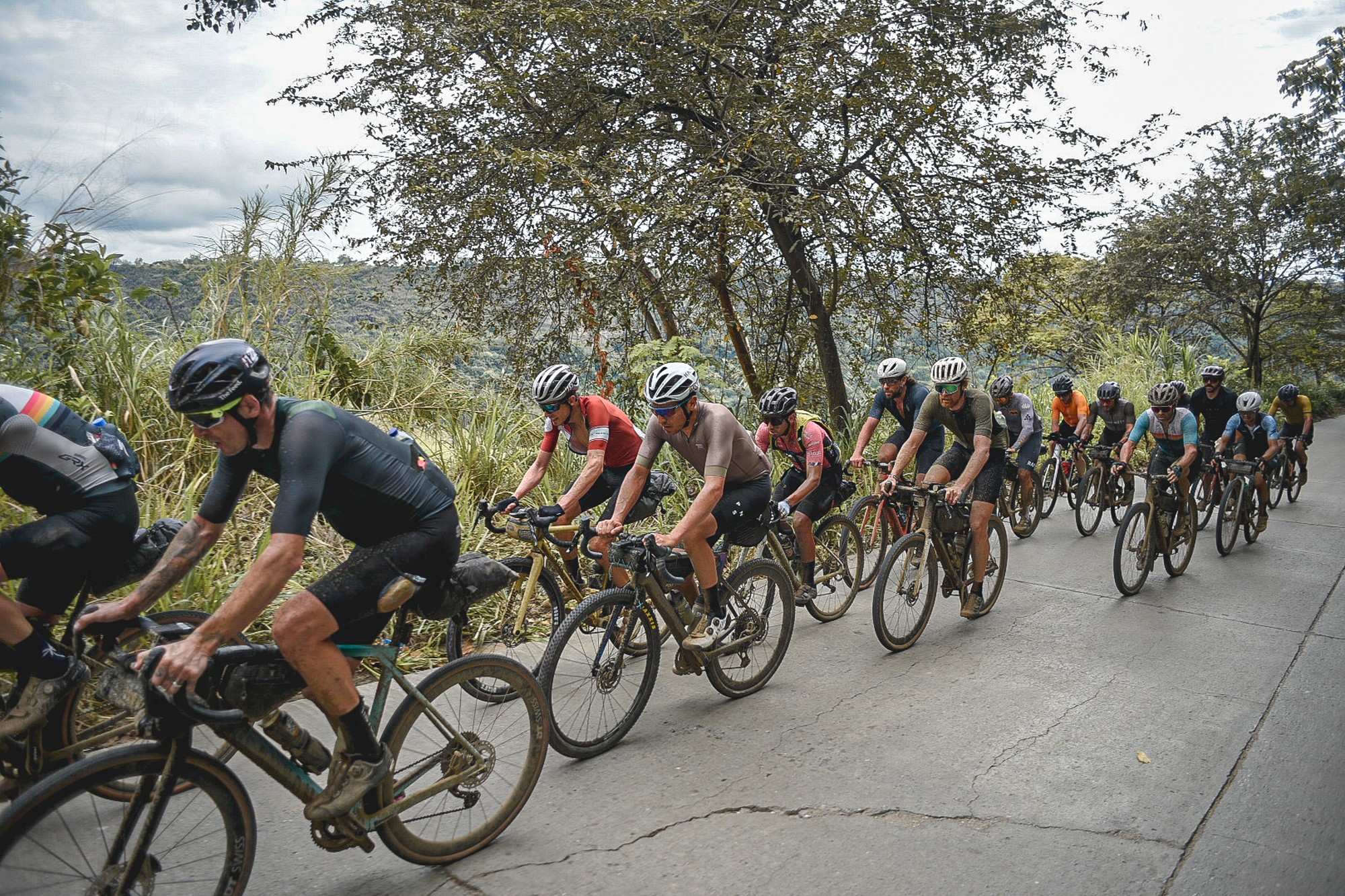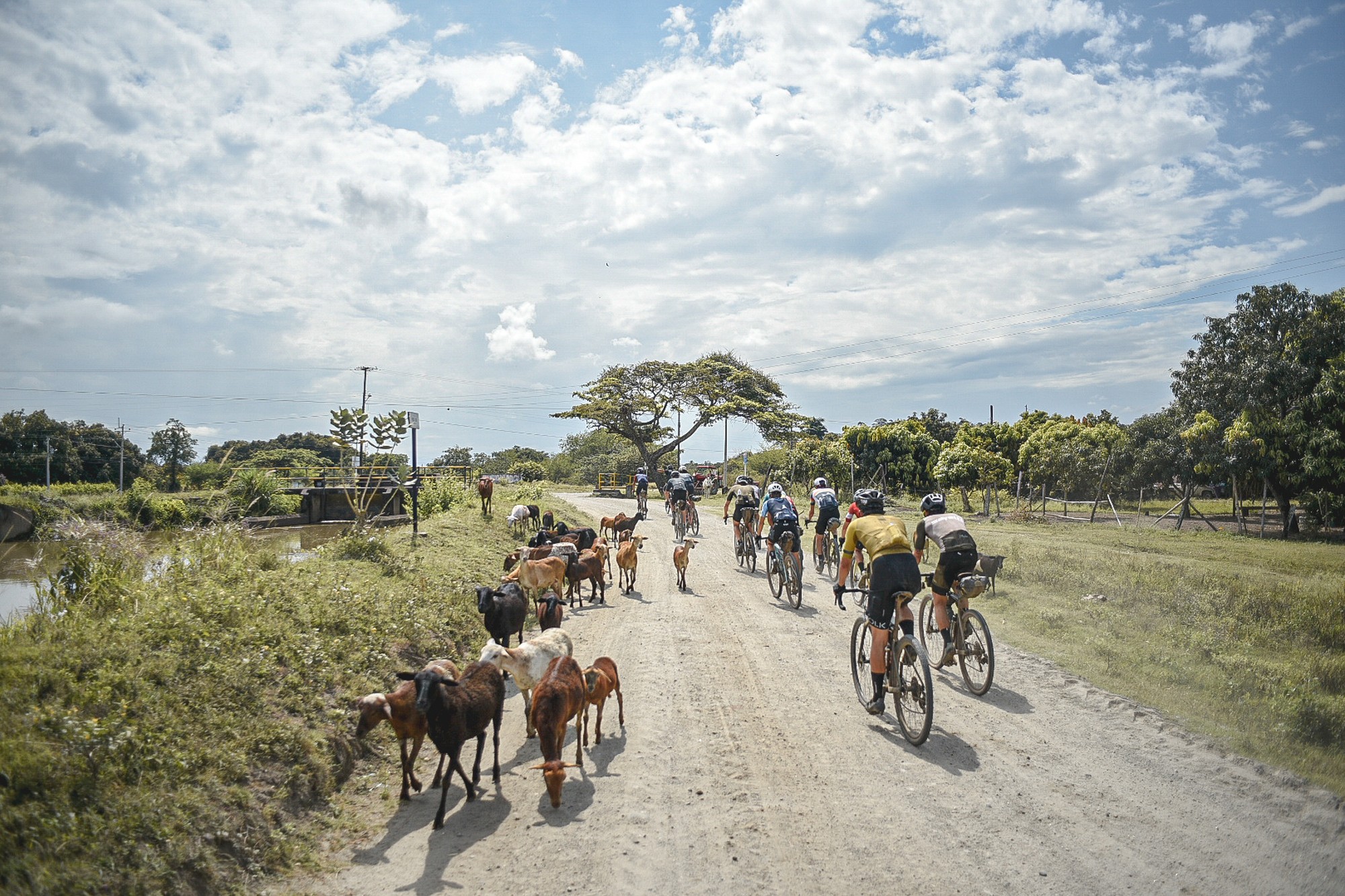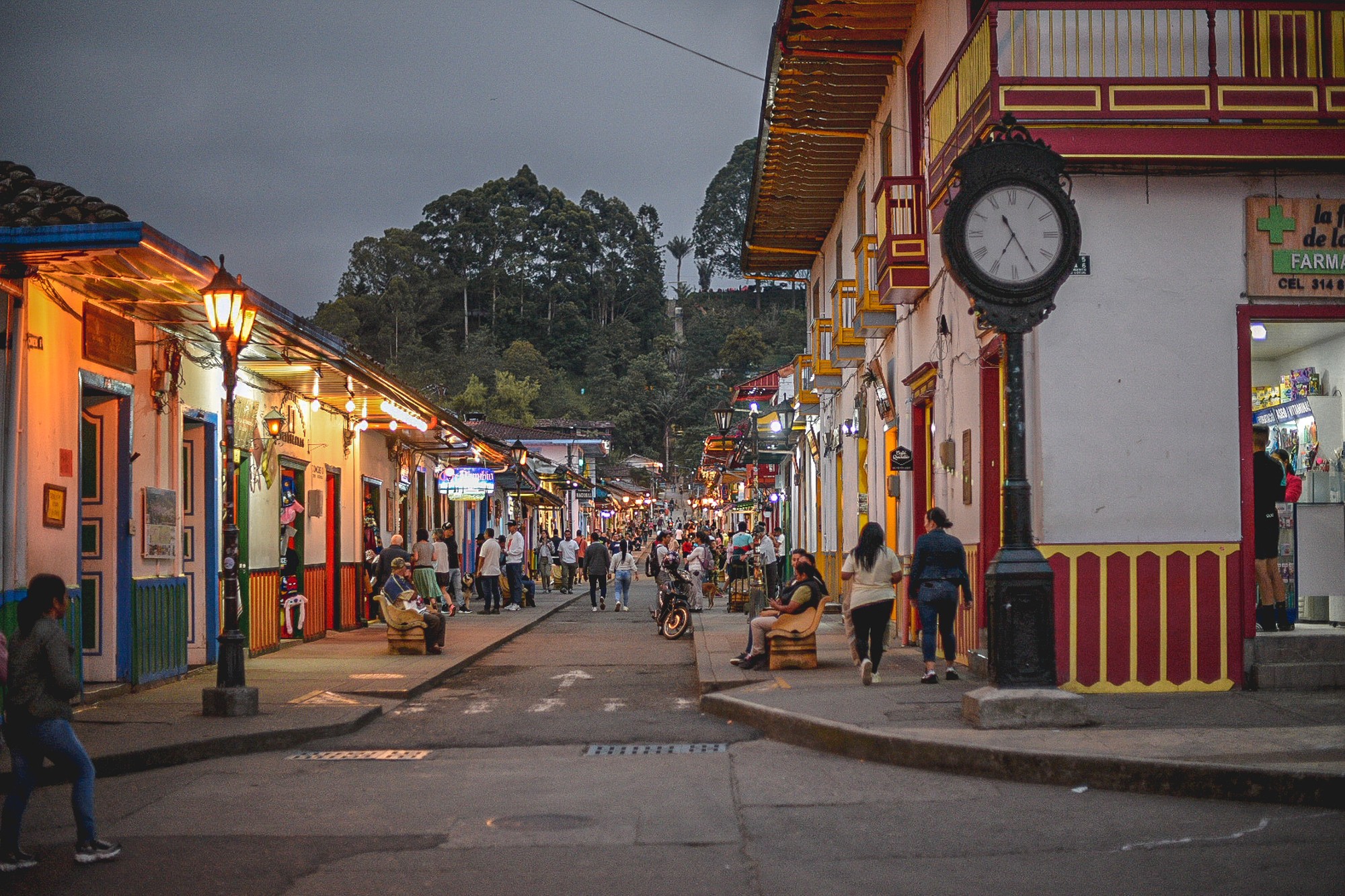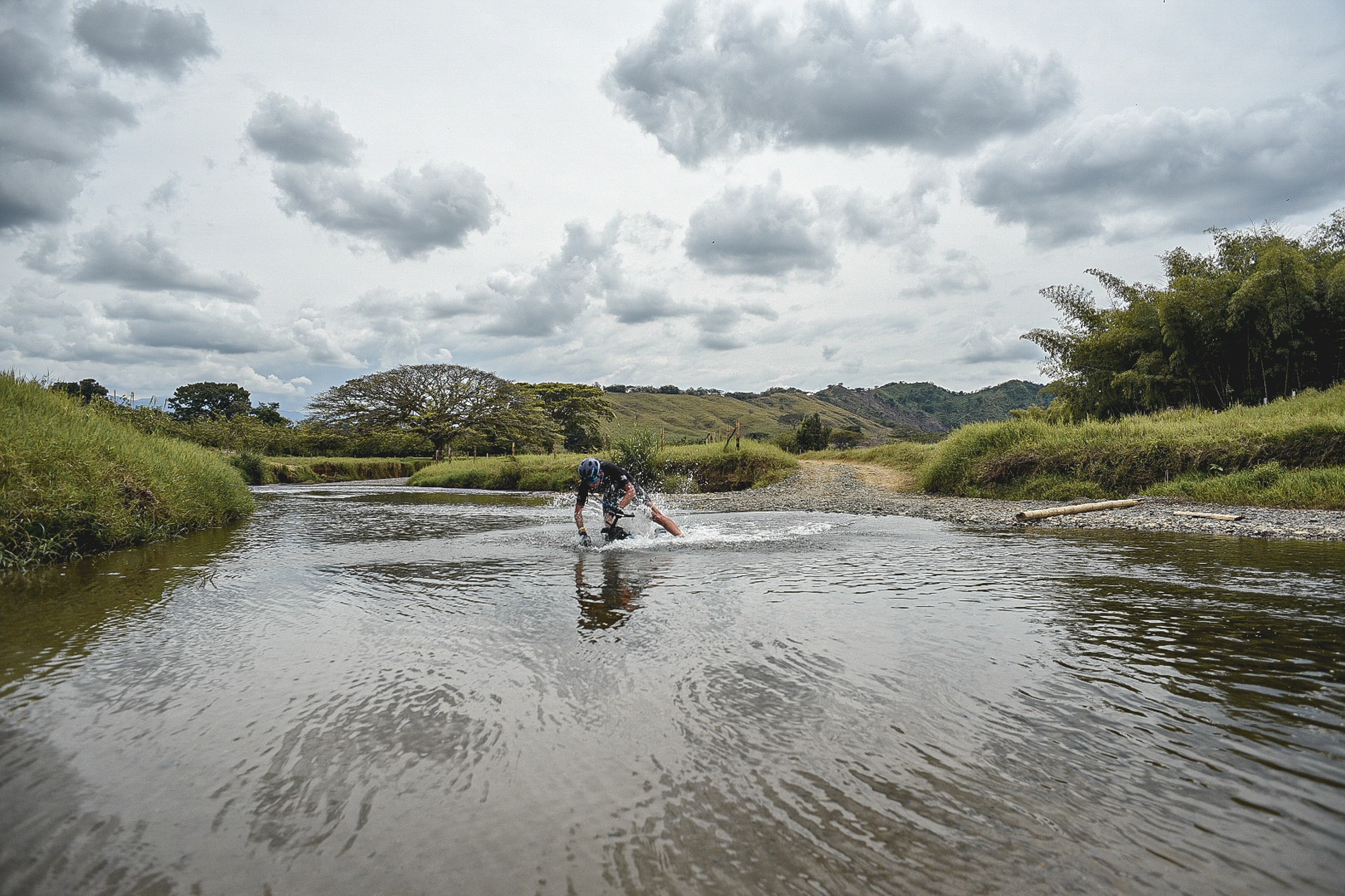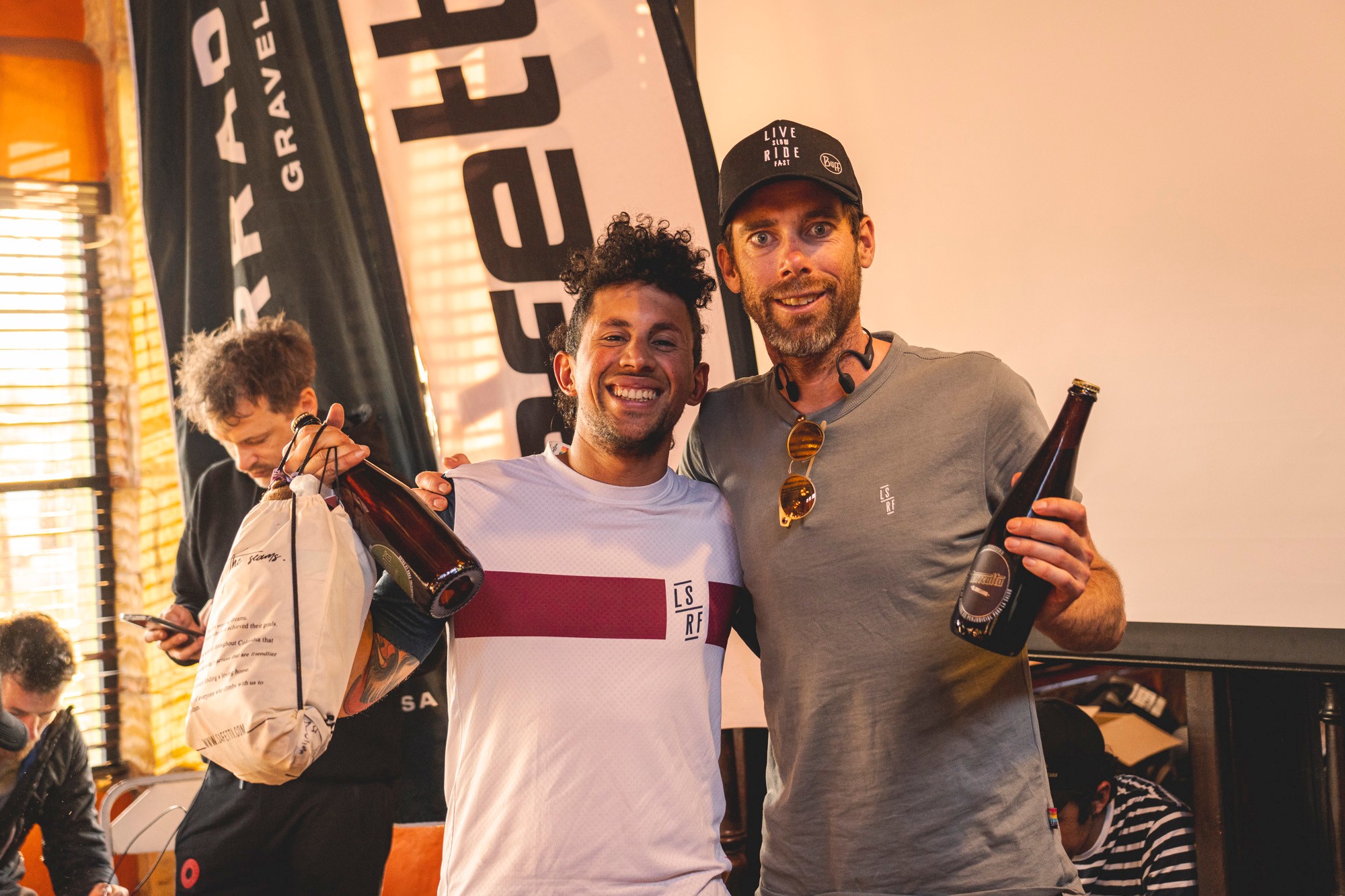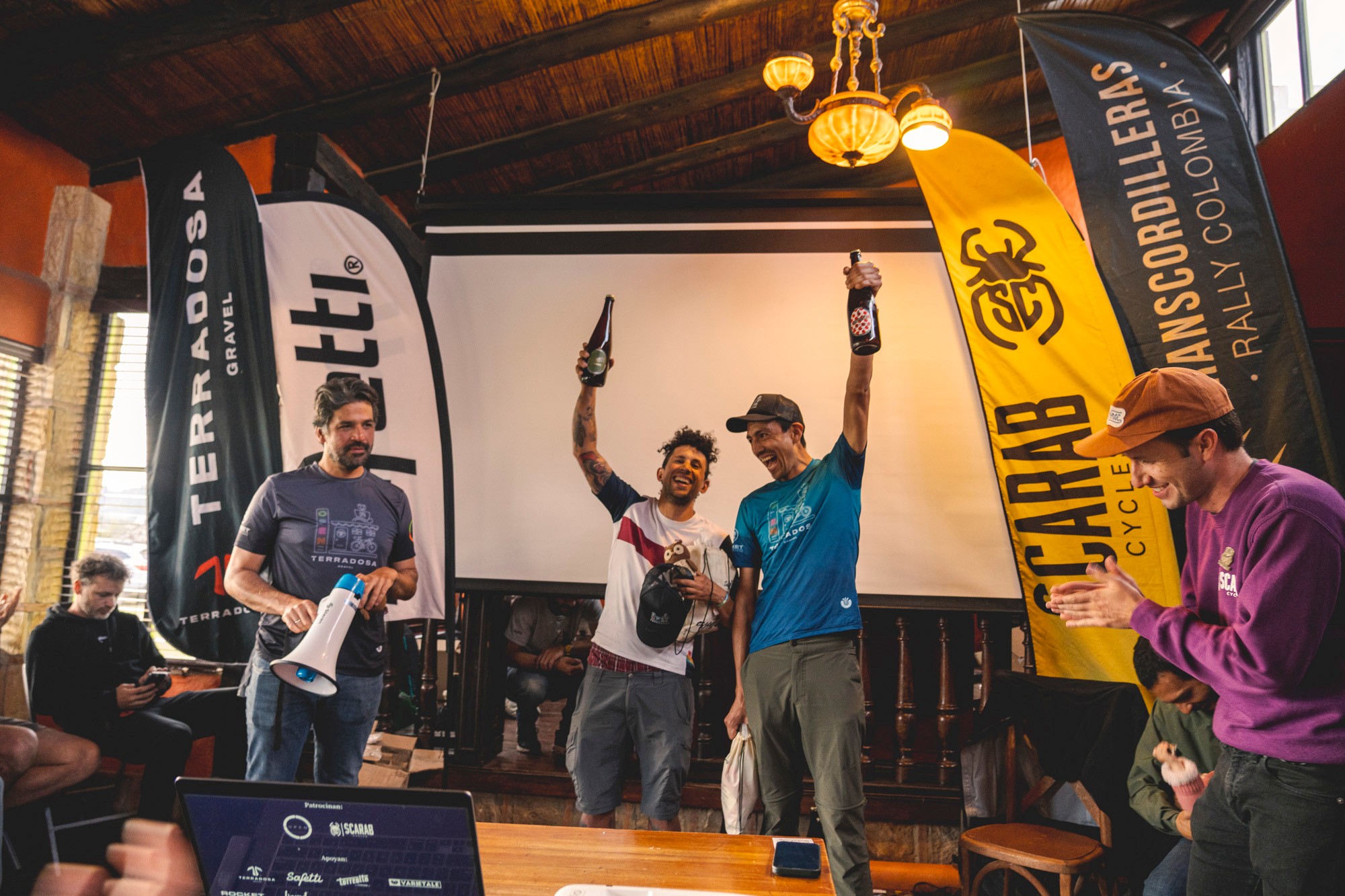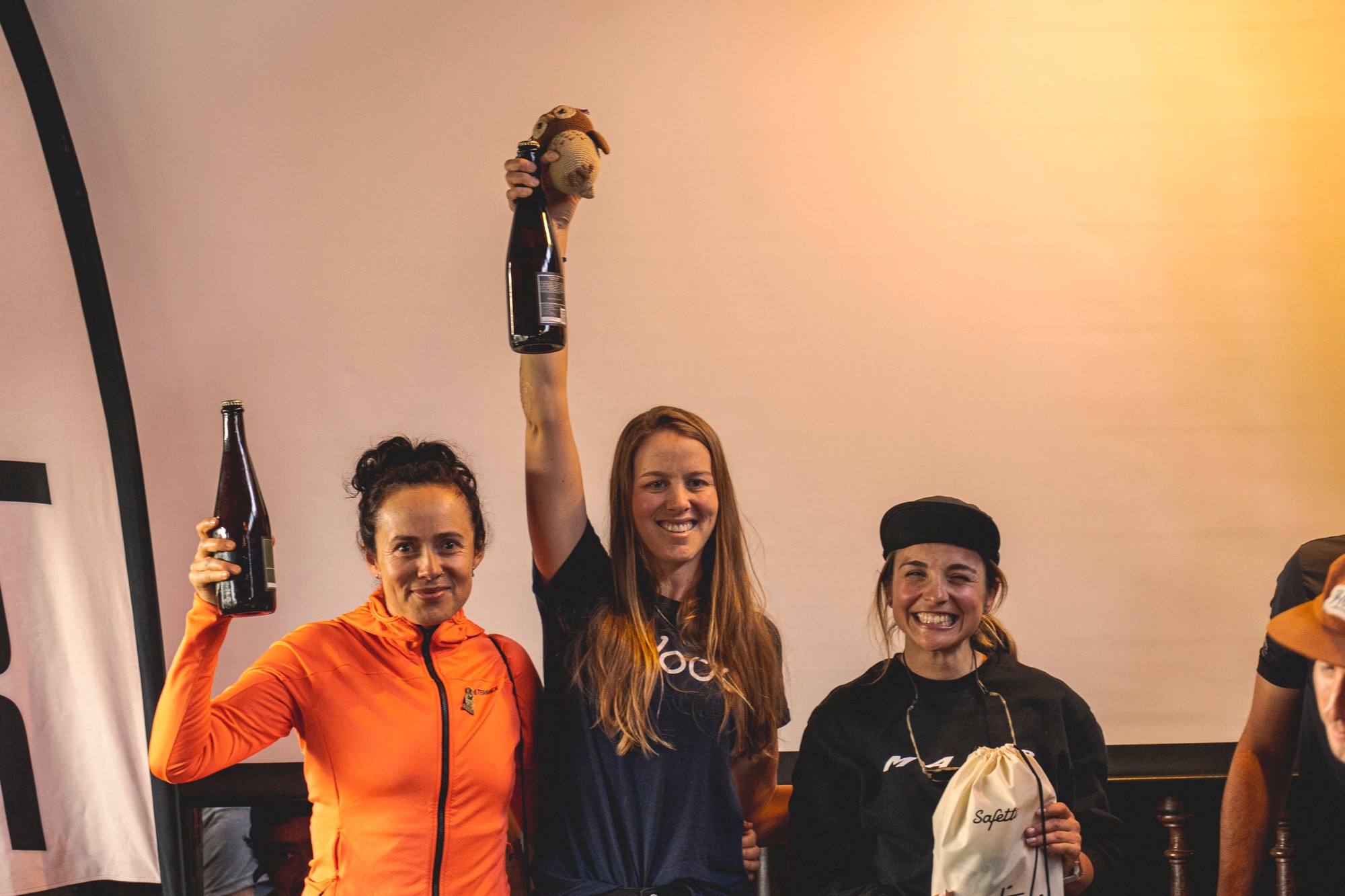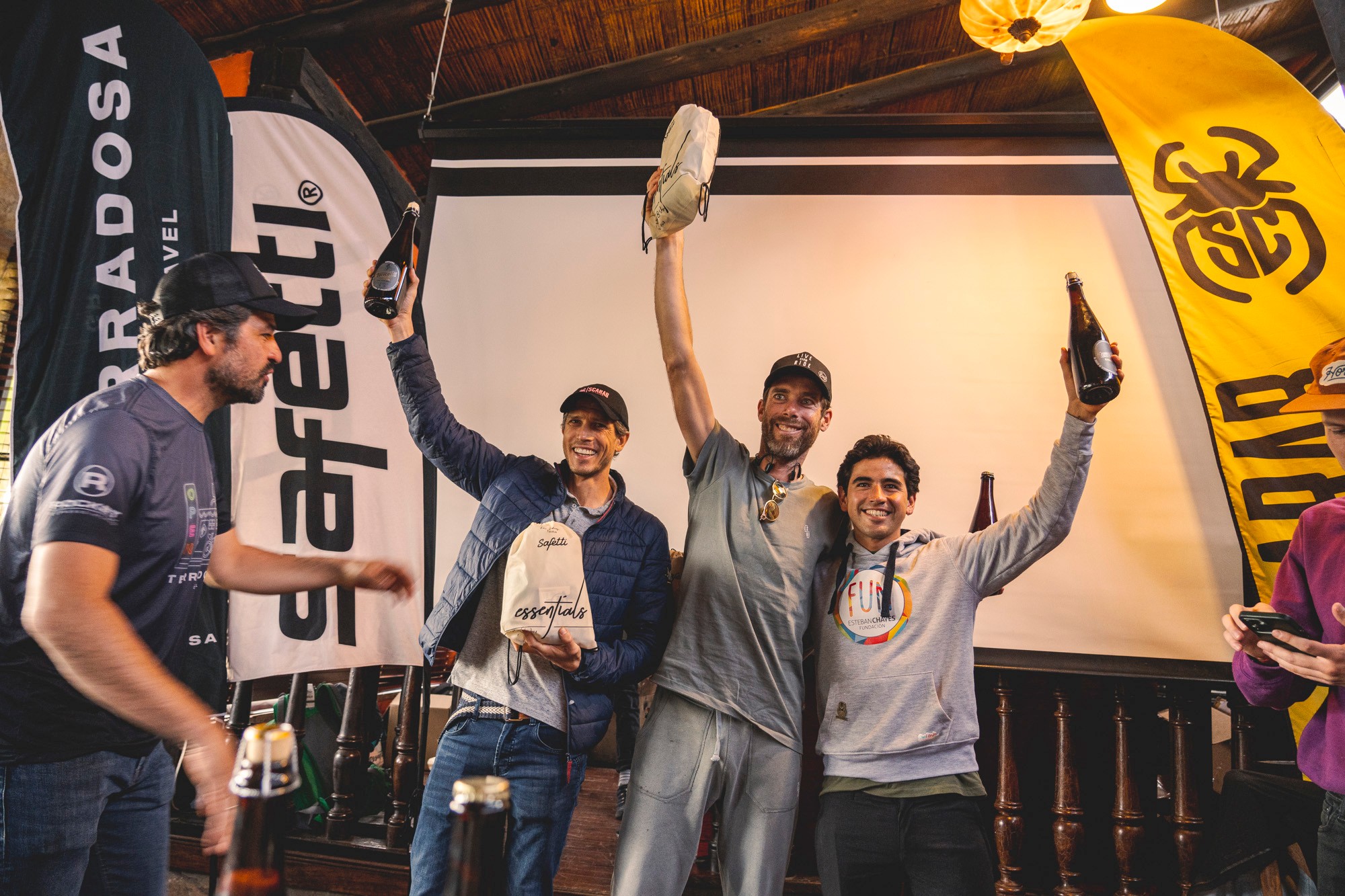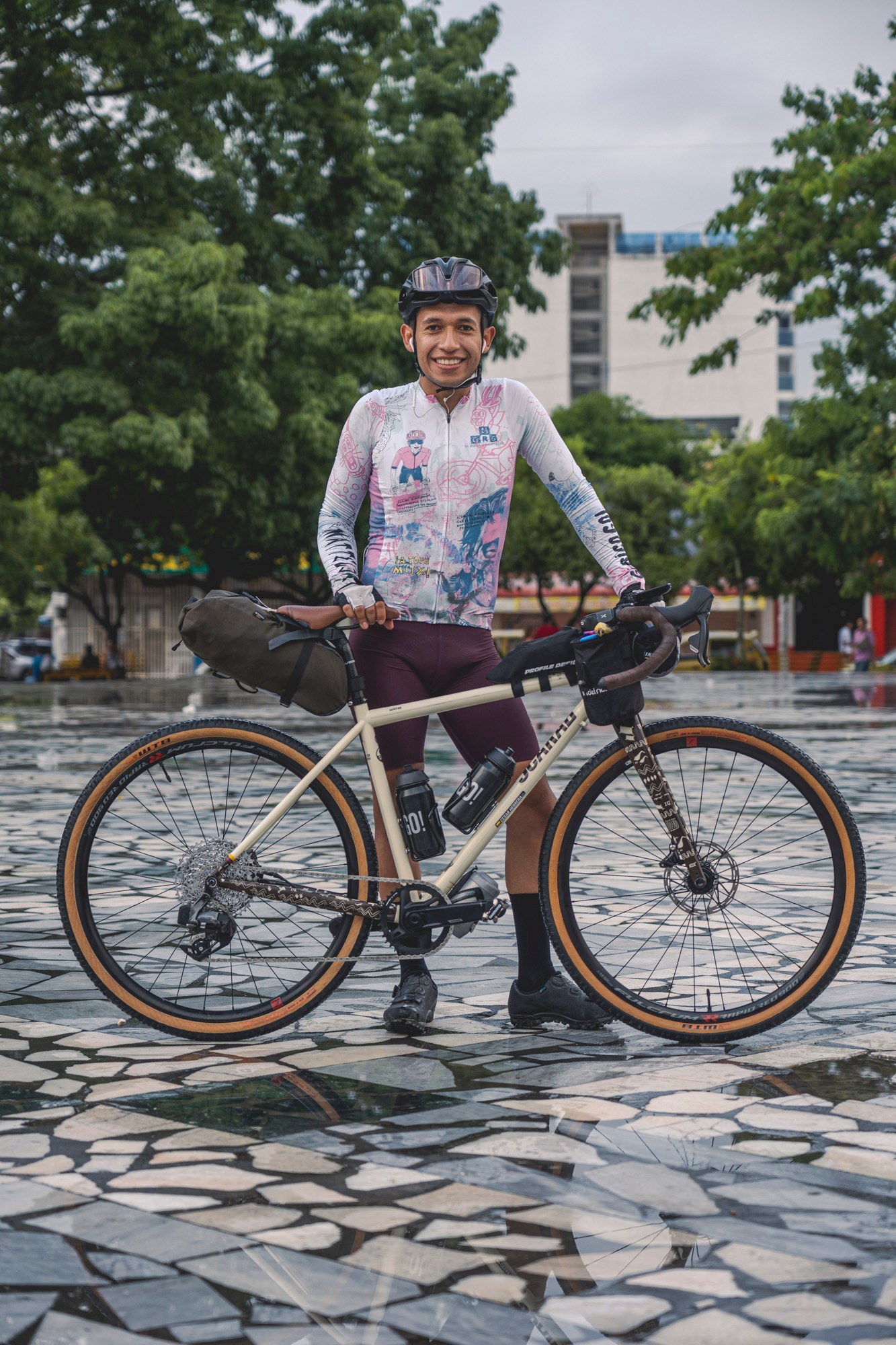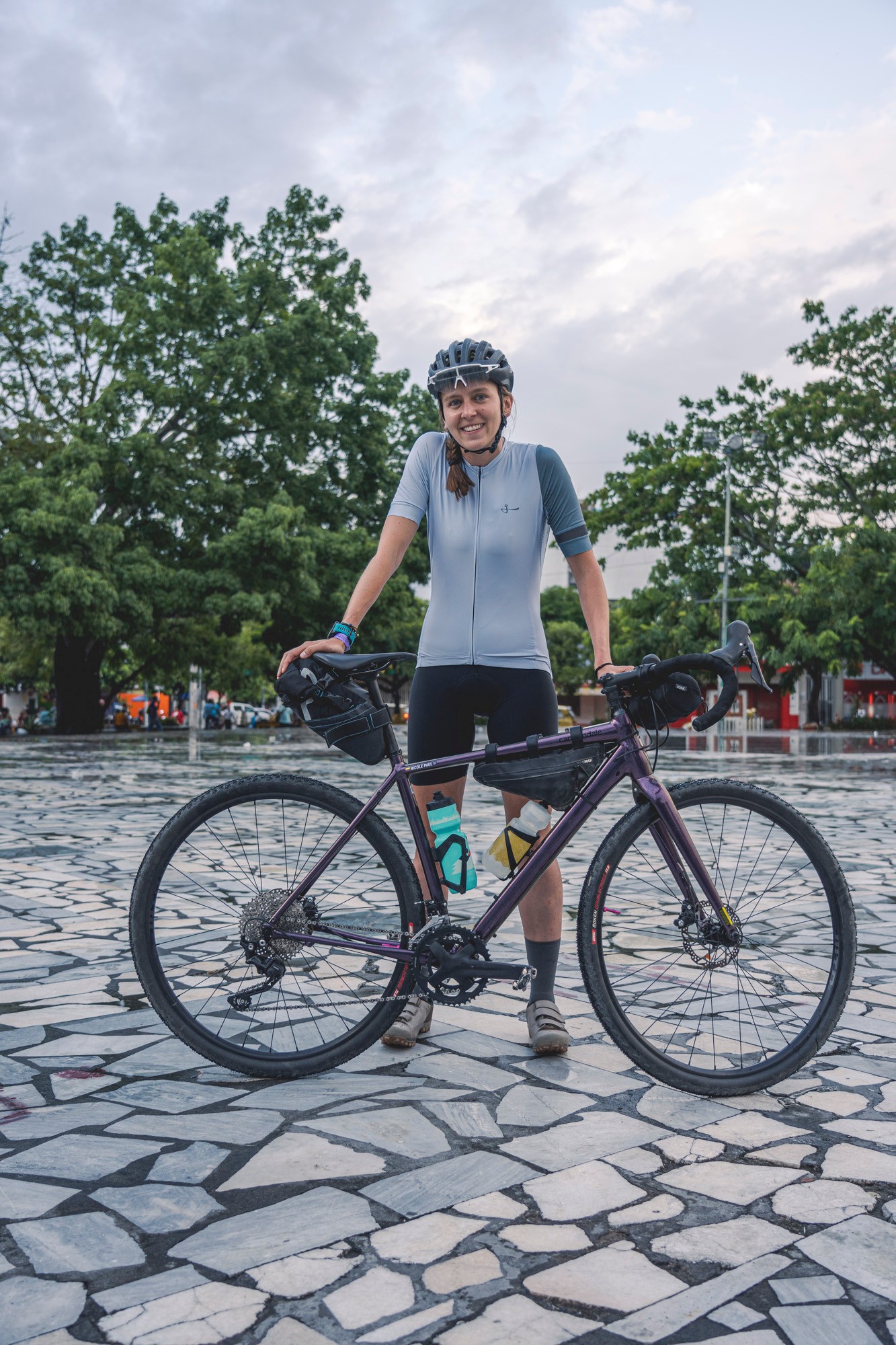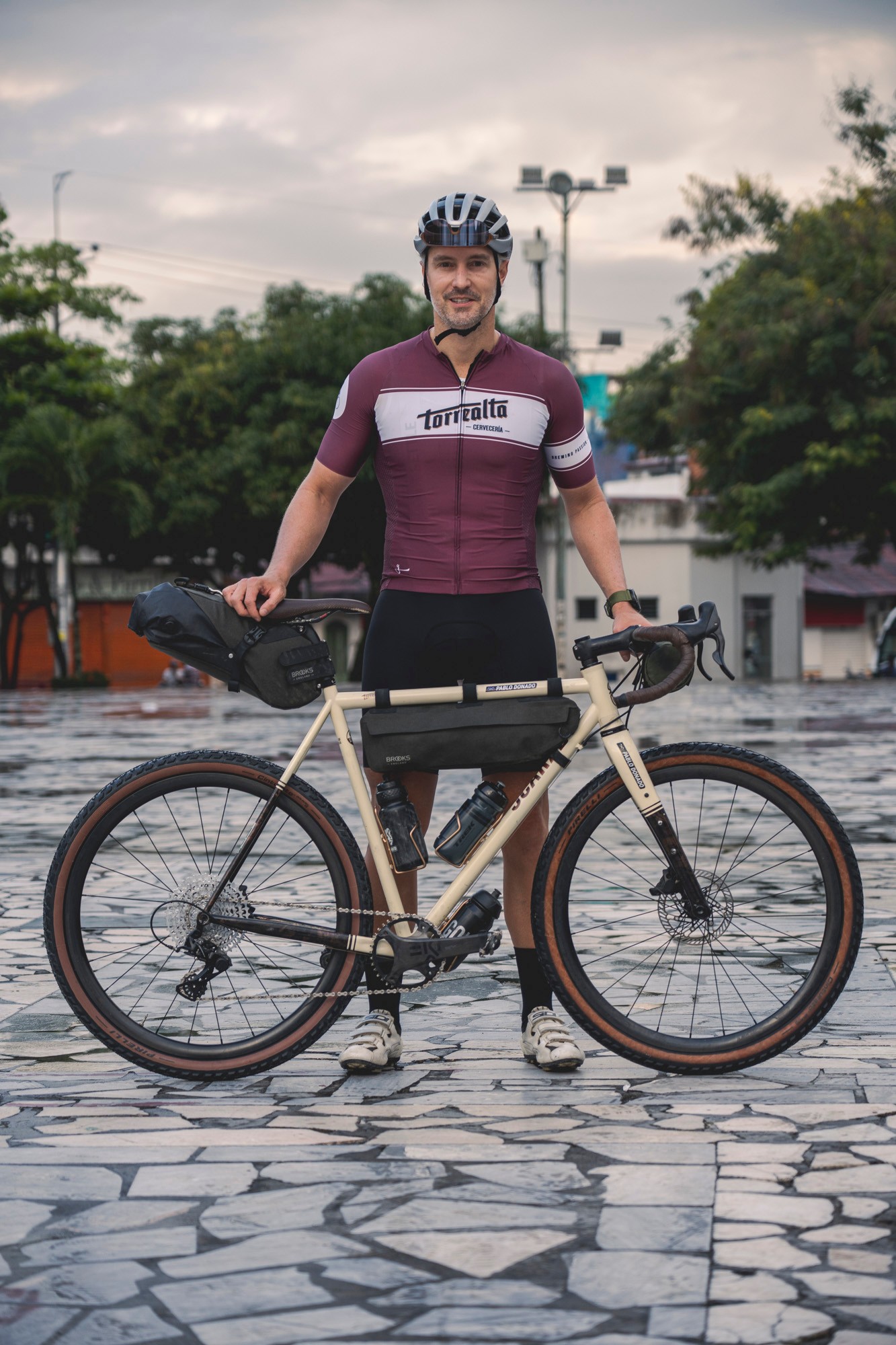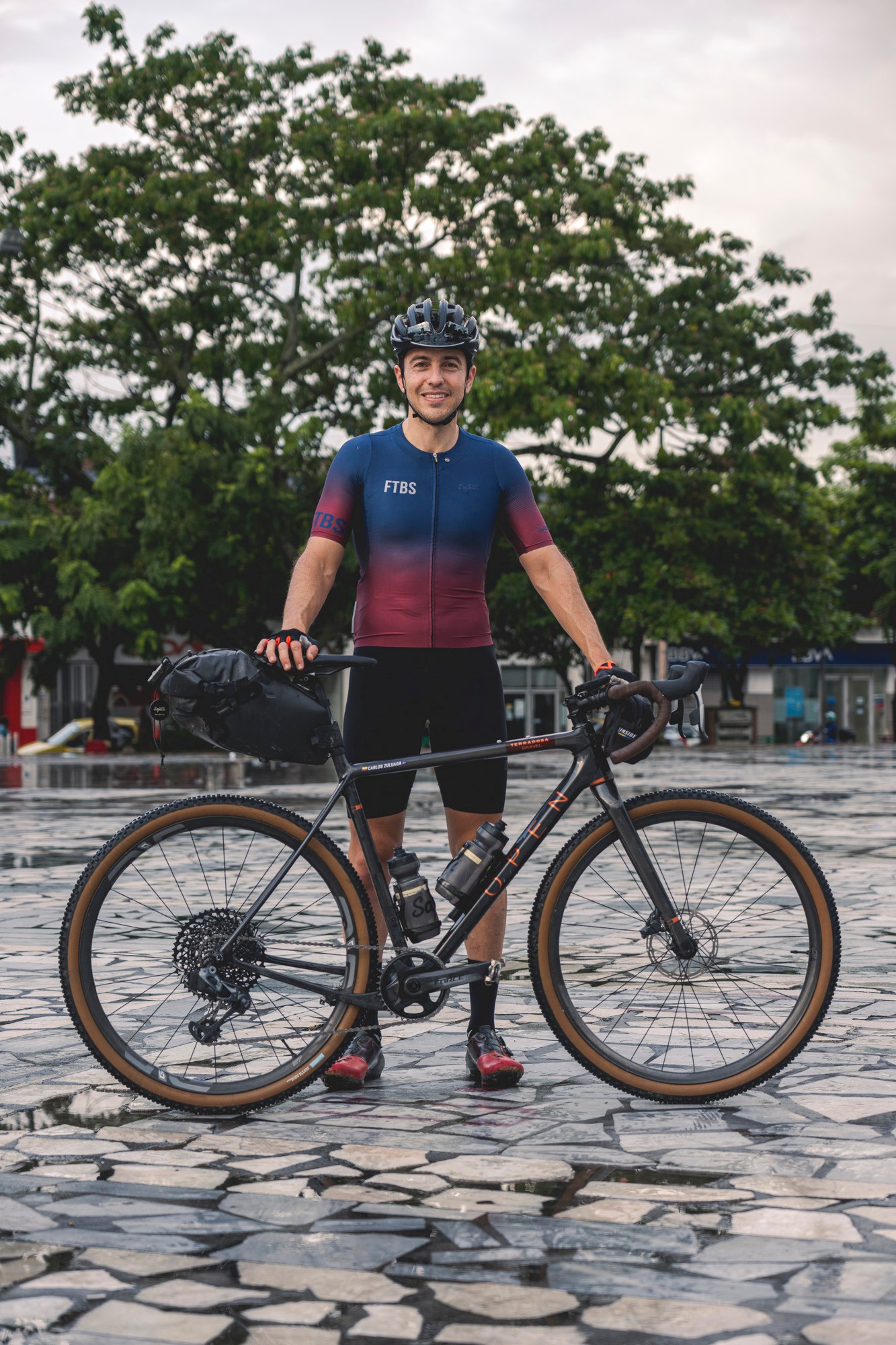The bikepacking gravel event Transcordilleras adds a new successful edition to the record, standing out as one of the essential races on the international calendar. Between February 12th and 19th, more than 150 cyclists, both Colombian and from the international scene, took part in the third edition of the event, covering 1,000 km with more than 20,000 m of elevation gain. This time, the totem animal was the owl, which was carried at each stage by the leader.
The event
One of the strong points of Transcordilleras is that the route changes in each edition, whether it is the long complete version of February or the short version of August. So, unlike the second edition that went from Yopal in the east to Santa Fe de Antioquia in the west, this time the riders had to go in the opposite direction. From west to east, they covered the three mountain ranges in which the Andes forks between the City of Cali in Valle del Cauca to Guasca, on the outskirts of Bogotá.
The route was designed so that the participants were exposed to the real Colombia, the most geographically complex country in the world with one of the greatest biodiversity. One of the highlights was the queen stage (seventh stage, or second for those of the short version), where the participants climbed up to 4,000 m above sea level to cross the largest páramo in the world, the Sumapaz. Just before that, they went through the Toche region in the department of Tolima, in the middle of the most populated forest of Palmas de Cera (palm trees) in the world.
In addition, there is not only one discipline to participate in, but four, since the event is designed so that the participants can discover the country and each one of the regions the course passes through in the way that best fits their preferences. The traditional version consists of eight self-supported stages (individual and mixed categories), where each rider is responsible for their material and food, but must stop at designated towns to start the next day together. Then there is the non-stop version for the most adventurous ones (individual or mixed), where you are forced to go through certain checkpoints but you manage everything, including the route. For first-timers, there is a short version of three stages, in which riders join the rest of the participants for the last stages. Finally, a more randonneur version consists of riding the eight stages but in a fully supported manner where your luggage is taken from point to point.
The results
The first to arrive at Guasca was Julián Manrique, where the boys from Scarab, Terradosa, and Safetti were welcoming everyone. The Colombian took 3 days and 13 hours to cross the three mountain ranges, covering 896 km and 21,000 m of elevation gain. Unlike the staged version, everyone chose their own path, only having to go through certain checkpoints. Six hours later arrived Cynthia Frazier, the first female rider to win the women’s non-stop event with a great result.
In the self-supported 8-stage version, the Dutchman Laurens ten Dam took the win. Being one of the most experienced participants with a past in the professional peloton, his role was essential, controlling the pace in every stage, deciding when to stop and take breaks, and launching attacks when necessary. Among other participants, we would like to highlight the level of some Colombian riders such as Ardila, Restrepo, Chavez, or Gutierrez, and the international participation with Dekker, Vermeulen, or Wintermantel. In the short version of three stages, putting the cherry on the cake for those who had already been racing for five days, Camilo Salazar took the win.
Regarding the women, Carlie Lamke was the overall winner, taking the owl home after a rather bumpy journey, with food poisoning, seven punctures, and almost hypothermia in the paramo. In the short version of three stages, the Chilean Susan Barranza won, so she might consider the long version for next year.
In non-stop mixed pairs, the Spanish Santi Val and Ada Xinxo were the first to arrive. The general classification of the 8-day mixed version was won by Jimena López and Pablo Barbier who won the general of the 8 stages, and Mauricio Ordonez and Maria Paola Hernández who won the short version.



